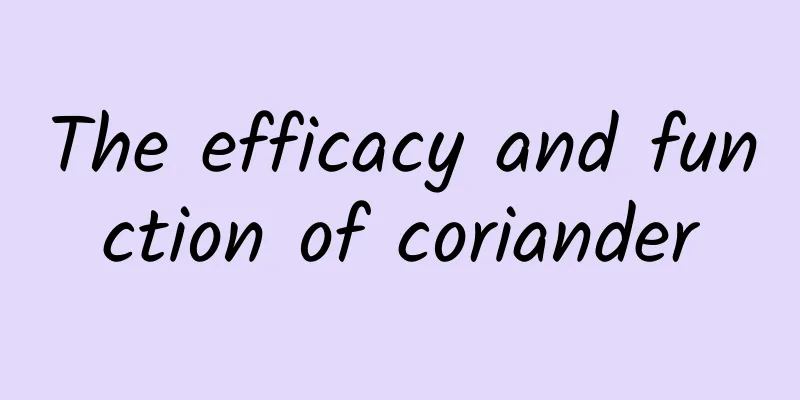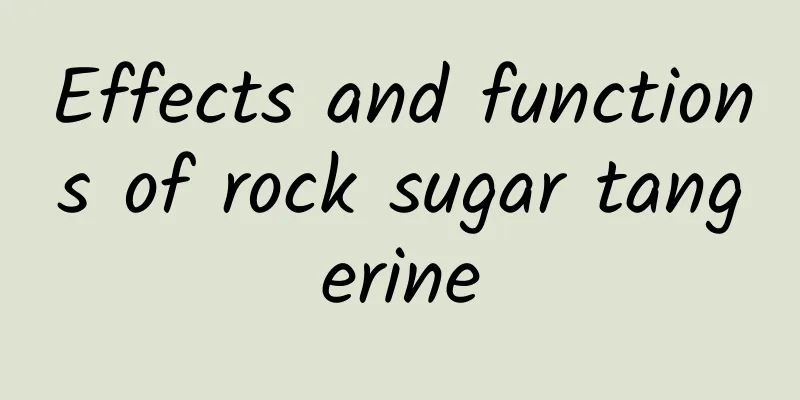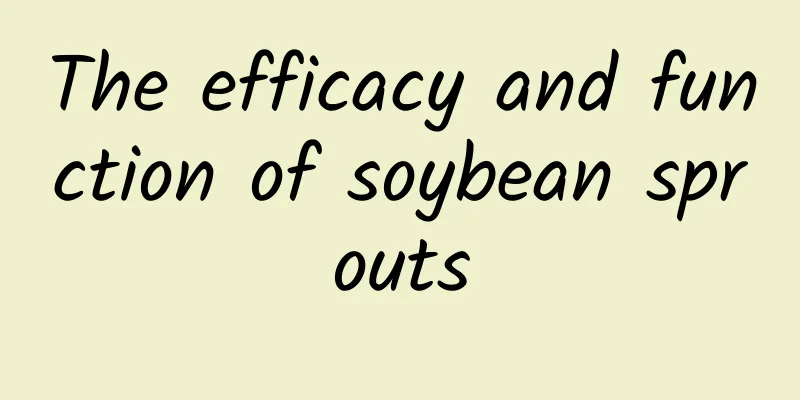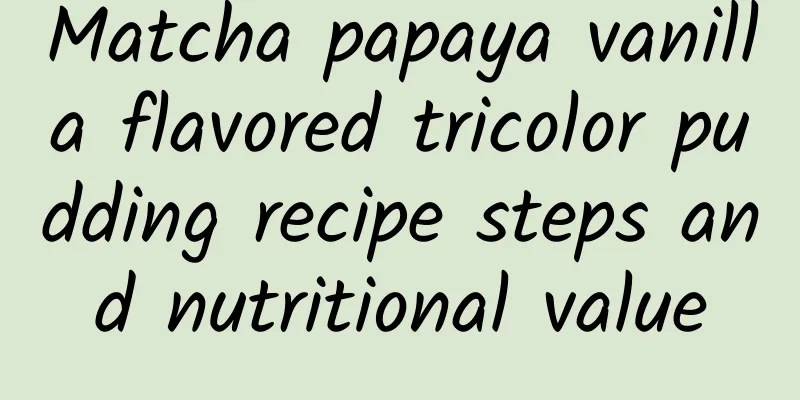Four kinds of vegetables should be peeled before eating. The peel is poisonous and should not be eaten.

|
When people eat some vegetables, some people say that they should be peeled, while others say that the peel is also nutritious and does not need to be removed. In fact, both of these statements make sense. Some vegetables do not need to be peeled when eaten, such as tomatoes and cucumbers, but the peels of some vegetables are poisonous and must be processed when eaten. In life, four kinds of vegetables must be peeled when eaten, and these toxic peels must not be eaten. Next, I will show you which four kinds of vegetables have poisonous peels. Four kinds of vegetables should be peeled before eating. The peel is poisonous and should not be eaten.1. Peel potatoes before eating Potatoes must be removed before eating, because potato skins contain glycoalkaloids, which are toxic ingredients. After entering the human body, they will cause a variety of poisoning reactions, such as dizziness, diarrhea, etc. In addition, glycoalkaloids will accumulate in the human body. Although a small amount of potato skins will not cause poisoning, they will cause poisoning reactions over time. 2. Peel the sweet potatoes before eating Sweet potato peel contains a large amount of alkaline components. After these alkaline components enter the human body, they will cause gastrointestinal discomfort, especially after black spots appear on the surface of the sweet potato. Its toxic components will increase and some sweet potato ketones will be produced. People will be poisoned after improper use and will have various adverse symptoms such as nausea and vomiting. 3. Ginkgo peel Ginkgo, also known as gingko, contains a large amount of ginkgolic acid in its peel, which is also a toxic ingredient. Once it enters the human body, it will damage the human nervous system and cause poisoning. The peel must be removed when eating ginkgo. 3. Water chestnut skin Water chestnut is an aquatic vegetable and its peel cannot be eaten because there are many harmful substances or microorganisms on its surface. These substances will endanger intestinal health after entering the human body and cause diarrhea or abdominal pain. In addition, there are some parasites in the water chestnut skin, and people are prone to parasitic diseases after eating it. |
<<: How to make clam tofu soup How to make clam tofu soup
>>: How to make fish in clear soup How to make fish in clear soup
Recommend
Can patients with tumors eat leeks? Can patients with tumors eat leeks?
The incidence of cancer in my country is showing ...
How to cook delicious glutinous rice balls? How to cook glutinous rice balls without making them mushy?
How to cook glutinous rice balls to make them del...
The efficacy and function of elderberry gummies
Elderberry is a wild fruit. When ripe, it is most...
The efficacy and function of white barley and the benefits of eating white barley
White barley is a specialty grain crop in China&#...
Authentic Sichuan bacon pickling method
Sichuan bacon is a very famous local delicacy. Ma...
Who should not eat strawberries? Taboos of eating strawberries
Strawberries are sweet, tender, and inexpensive. ...
How to make millet, red dates and longan porridge
What I’m going to introduce to you below is the m...
How to pickle peppers
People who love eating chili peppers can’t eat wi...
How is Skylark Studio? Skylark Studio review and website information
What is Hibari Animation Production Company? Hibar...
The efficacy, effects and contraindications of scorched jujube
Jujube is what people usually eat, red dates. Peo...
How to pickle hot and sour cabbage? Tips on how to pickle hot and sour cabbage
Hot and sour cabbage tastes tempting, sour and sp...
What can't chestnuts be eaten with? What are the incompatible foods of chestnuts?
Chestnuts, also known as Chinese chestnuts, are a...
The role and efficacy of red banana
We often eat bananas, but usually the bananas we ...
How is Woori Bank of Korea? Reviews and website information of Woori Bank of Korea
What is the website of Woori Bank? Woori Bank is t...
What is Centennial College like? Centennial College reviews and website information
What is Centennial College? Centennial College is ...









